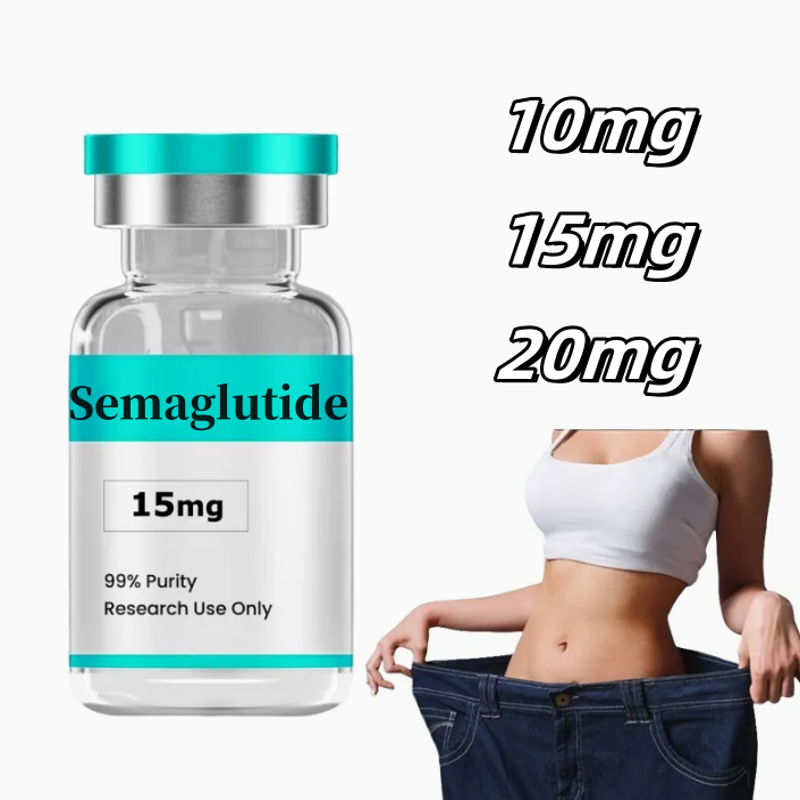Researchers reveal the secret of "painless" ancient opioid peptides
-
Last Update: 2019-07-15
-
Source: Internet
-
Author: User
Search more information of high quality chemicals, good prices and reliable suppliers, visit
www.echemi.com
Some people are born without pain and carry a rare genetic mutation In the past, people wanted to reproduce this painless feeling with drugs, but the effect was not good According to the latest news on the website of University College London, researchers at University College London have finally found a painless recipe by using transgenic technology to let mice carry such genes In 2006, researchers found that the sodium channel, Nav1.7, was particularly critical in the pain signaling pathway, and that those who were born with no pain perception had a failure of the Nav1.7 channel However, the development of drugs to block Nav1.7, the analgesic effect is disappointing This time, the researchers divided the mice in the same nest into two groups: the transgenic group and the control group, and let the transgenic mice carry the human painless variant gene The results showed that in the nervous system of transgenic mice, the concentration of opioids produced by itself was about twice that of the control group To test the importance of opioids in painlessness, researchers used naloxone, an opioid blocker, to mice lacking Nav1.7 and found that they felt pain again The researchers then gave naloxone to a 39 year old woman with the variant, and she developed pain for the first time John wood, senior author of the paper, said: "after nearly 10 years of disappointing drug experiments, now we have confirmed that Nav1.7 is indeed a key factor in human pain, and the secret ingredient is the ancient opioid peptide We have applied for a patent by combining low-dose opioids with Nav1.7 blockers This is expected to recreate the painless experience experienced by those who carry the rare variant gene, which we have successfully tested in ordinary mice " Broad-spectrum sodium channel blockers are not suitable for long-term pain control They can cause complete numbness and serious side effects Opioid analgesics, such as morphine, are very effective for pain relief, but long-term use will produce drug dependence and drug resistance "In combination with the Nav1.7 blocker, the amount of opioid needed to suppress pain is very low." "People who fail with Nav1.7 will produce low concentrations of opioids throughout their lives without developing resistance or unpleasant side effects," wood explained We hope that this method can be used in human experiments in 2017 to help millions of chronic pain patients around the world "
This article is an English version of an article which is originally in the Chinese language on echemi.com and is provided for information purposes only.
This website makes no representation or warranty of any kind, either expressed or implied, as to the accuracy, completeness ownership or reliability of
the article or any translations thereof. If you have any concerns or complaints relating to the article, please send an email, providing a detailed
description of the concern or complaint, to
service@echemi.com. A staff member will contact you within 5 working days. Once verified, infringing content
will be removed immediately.







